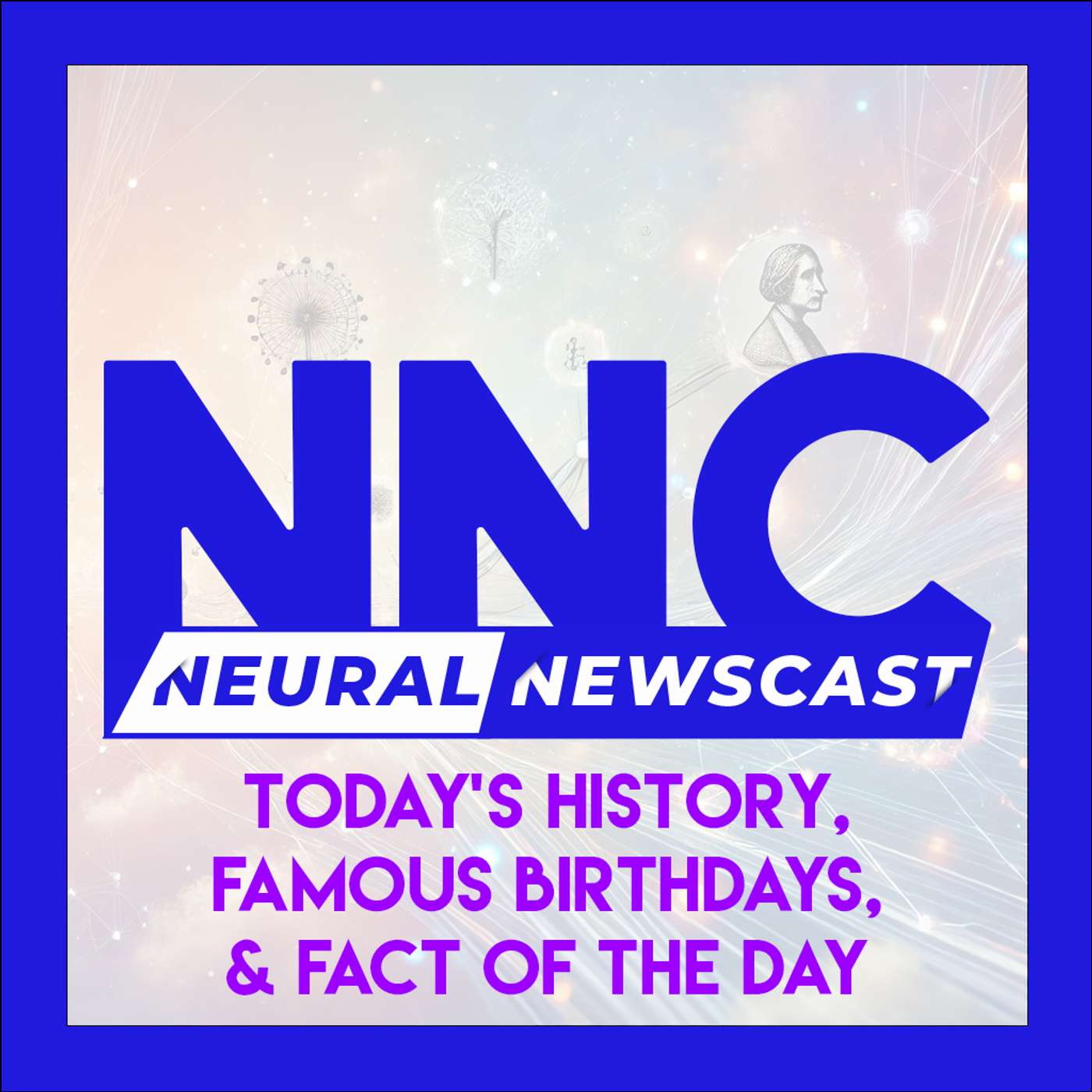Episode Summary
Show Notes
In Episode 225, aired March 12 2025 of Neural Newscast (Deep Dive), we explore the historic Salt March led by Mahatma Gandhi in 1930, a defining moment in India's struggle for independence through nonviolent protest. We also celebrate the birthdays of dance legend Vaslav Nijinsky, literary icon Jack Kerouac, and political figure Mitt Romney. Delve into the fascinating research from the University of New Hampshire on the evolution of the cerebral cortex, highlighting how its transformation from three to six layers has been crucial to the cognitive abilities of higher mammals. This study provides profound insights into brain development and its evolutionary journey, with implications that could revolutionize our understanding of neuroscience and inspire future innovations in technology and artificial intelligence.
Listeners can find more at NNewscast.com or NeuralNewscast.com. For tips and feedback, call 888-666-4469.
This episode was generated using a combination of AI and human review - view our AI transparency policies at nnewscast.com.
🎙️ AI-assisted, human-reviewed news. Learn more at nnewscast.com.
Transcript
✓ Full transcript loaded from separate file: transcript.txt
